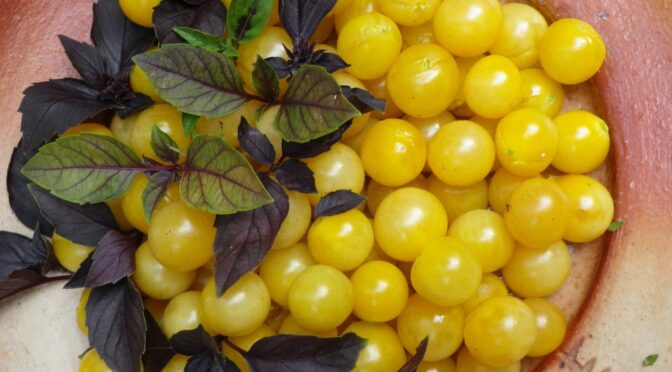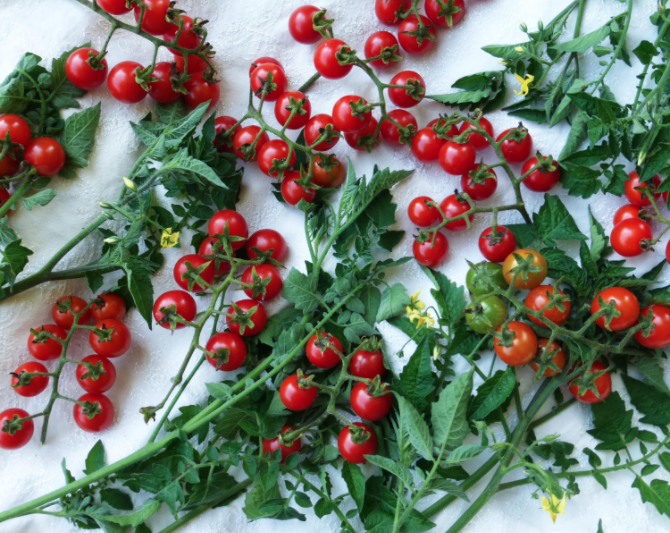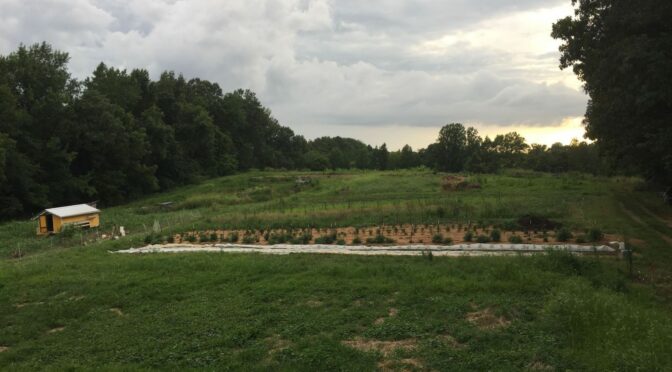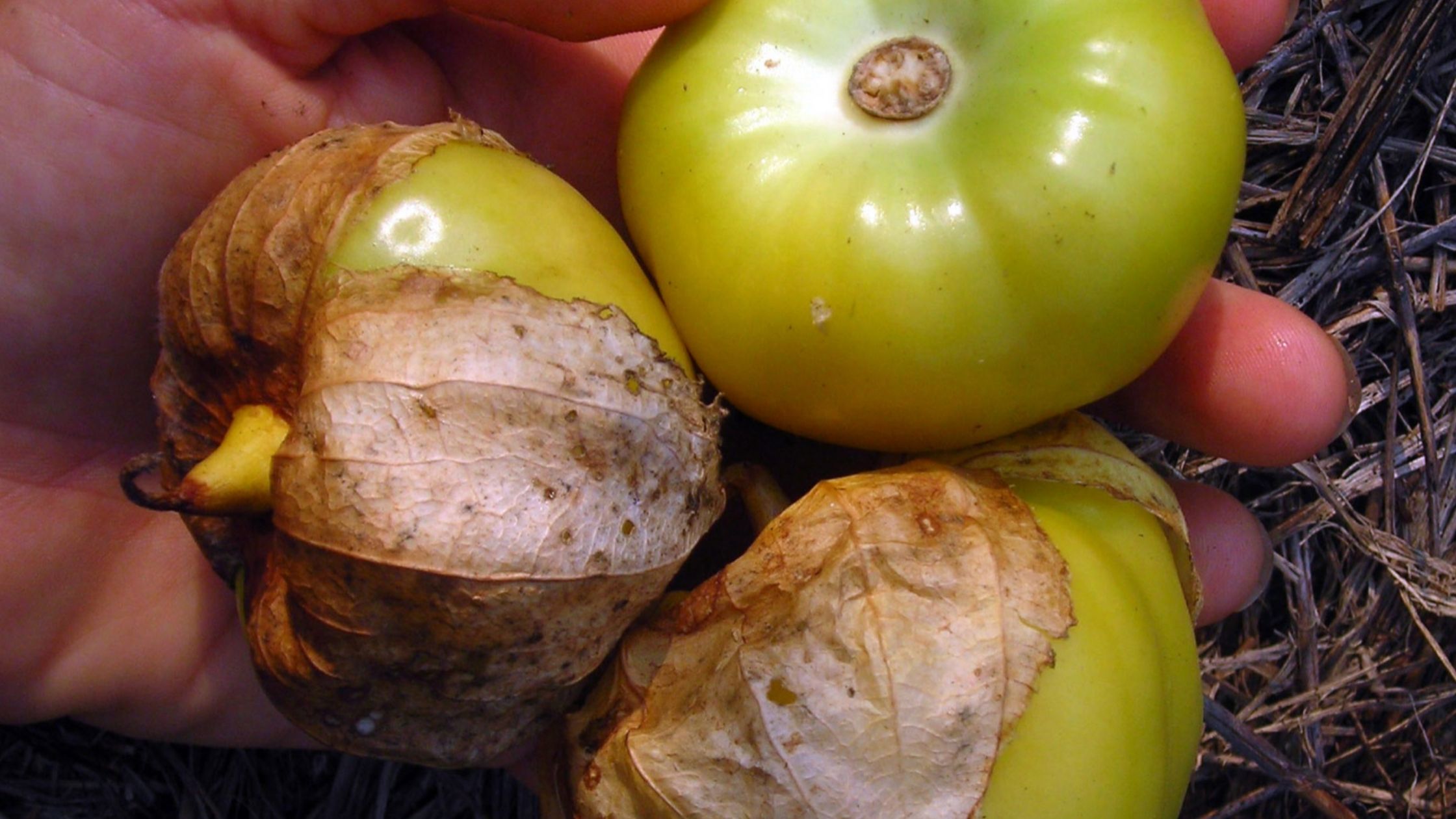Also called Candlemas, Oimelc, or St. Brigid’s Day, Imbolc was a Celtic celebration that took place on February 1st or 2nd each year. This celebration symbolizes the halfway point between the winter solstice and the spring equinox.
The Romans and ancient Brits also celebrated this important time of year. The Romans called it Lupercalia, and the Brits called it Sul-Minerva. There’s evidence that this celebration dates back to the Neolithic, when megalithic chambers marked the light of the rising sun on this day.
Imbolc was believed to have originally meant “in the belly of the Mother” or just “in the belly.” It was a time when many herd animals were pregnant, and winter food stores were getting low. It was a time to look forward to the season to come.
For the Celts, this festival celebrated Brigid a maiden sun goddess who brought spring to the land. She’s associated with light and warmth; candles and fires were often part of the celebration. Brigid was later added to Christian celebrations as St. Brigid.
According to the Boston Public Library, a modern celebration can include a chant to send away winter:
“Old man winter, it’s time to go!
Take with you these piles of snow!
Melt, snow, melt!
Spring will soon return!
A flame, a fire, all the warmth it brings,
melt the snow, cold be gone, welcome back the spring!“

Agricultural Calendar
History aside, this time of year is an important date in the agricultural calendar, and it’s time we start looking ahead to spring too! In zone 7a, we begin sowing seeds indoors this time of year. Here’s what we’re planting:
- Broccoli (Sow indoors Jan 31-May 31)
- Cabbage (Sow indoors Jan 31-Jul 1)
- Cauliflower (Sow indoors Jan 31-Mar 7)
- Celery & Celeriac (Jan 21-Feb 15)
Coastal gardeners, you’ll have mild winters that will allow your planting dates to be 2 to 4 weeks earlier than ours. Mountain gardeners have harsher winters and will be 2 to 4 weeks behind us.
Find the complete list of our recommended planting dates in the back of our catalog or click here.
Seed Starting
It’s also an excellent time to learn about or review good seed starting practices. Good practices like consistent watering, using a proper potting mix, potting seedlings up as needed, and hardening off transplants lead to a more healthy and prosperous garden throughout the season.
- Starting Seedlings (Guest Post by Pam Dawling)
- A Beginner’s Guide to Starting from Seed
- Starting Tomatoes from Seed
- 8 Common Seed Starting Mistakes
- 7 Ways to Start Seeds Without Plastic
- DIY Potting Mix
Garden Planning
If you haven’t already done so, it’s also time to plan your garden. You’ll want to consider crop rotations and successions, new varieties, and isolation distances.
Here are some of our resources to plan your garden:
- Garden Planning for Seed Saving
- Planning Crop Rotation by Plant Family
- Succession Planting 101
- Planning a Large-Scale Home Garden
- Planning a Pollinator Garden
- Planning a Bird-Friendly Garden
- The SESE Garden Planner
Are you getting ready for spring yet?





